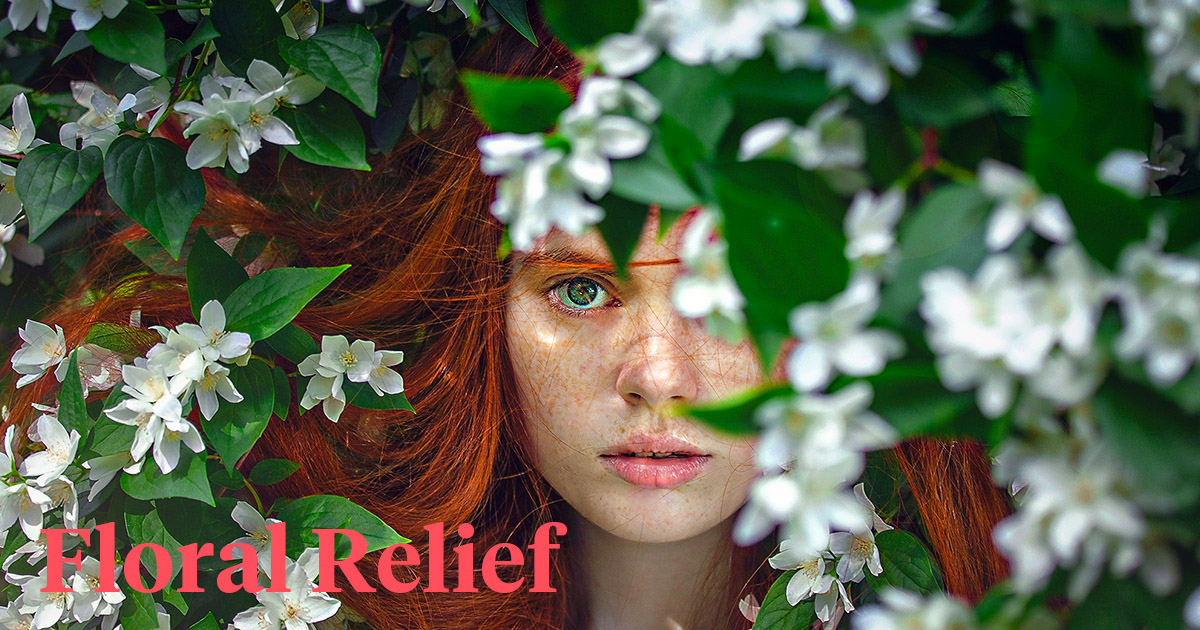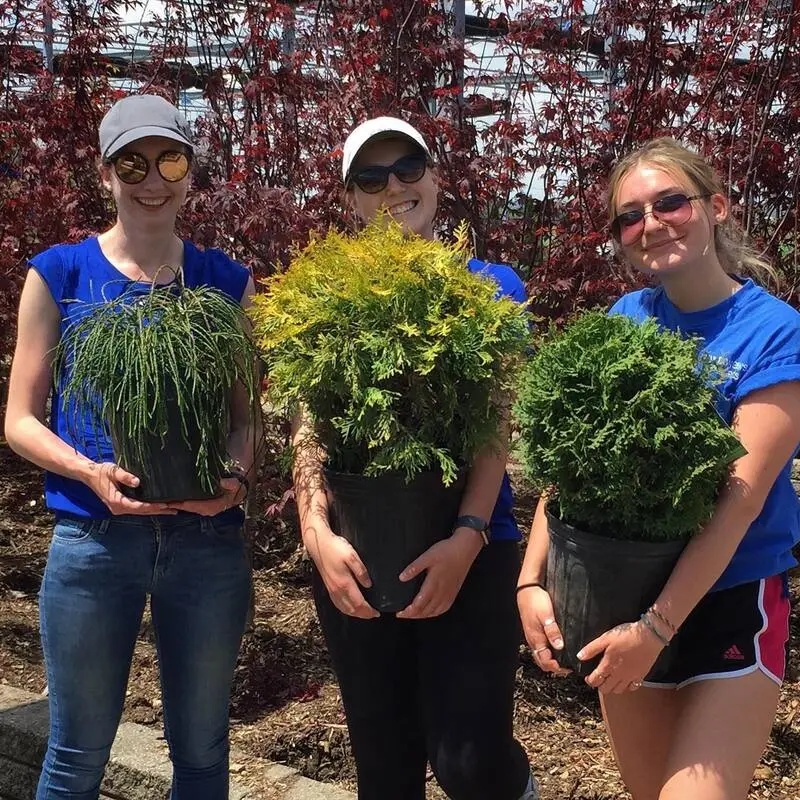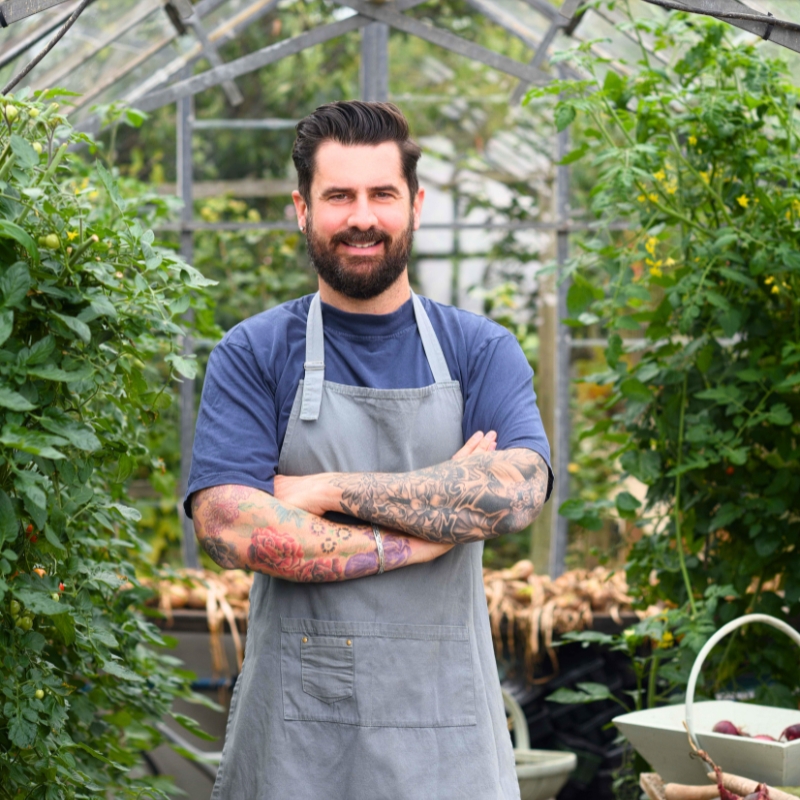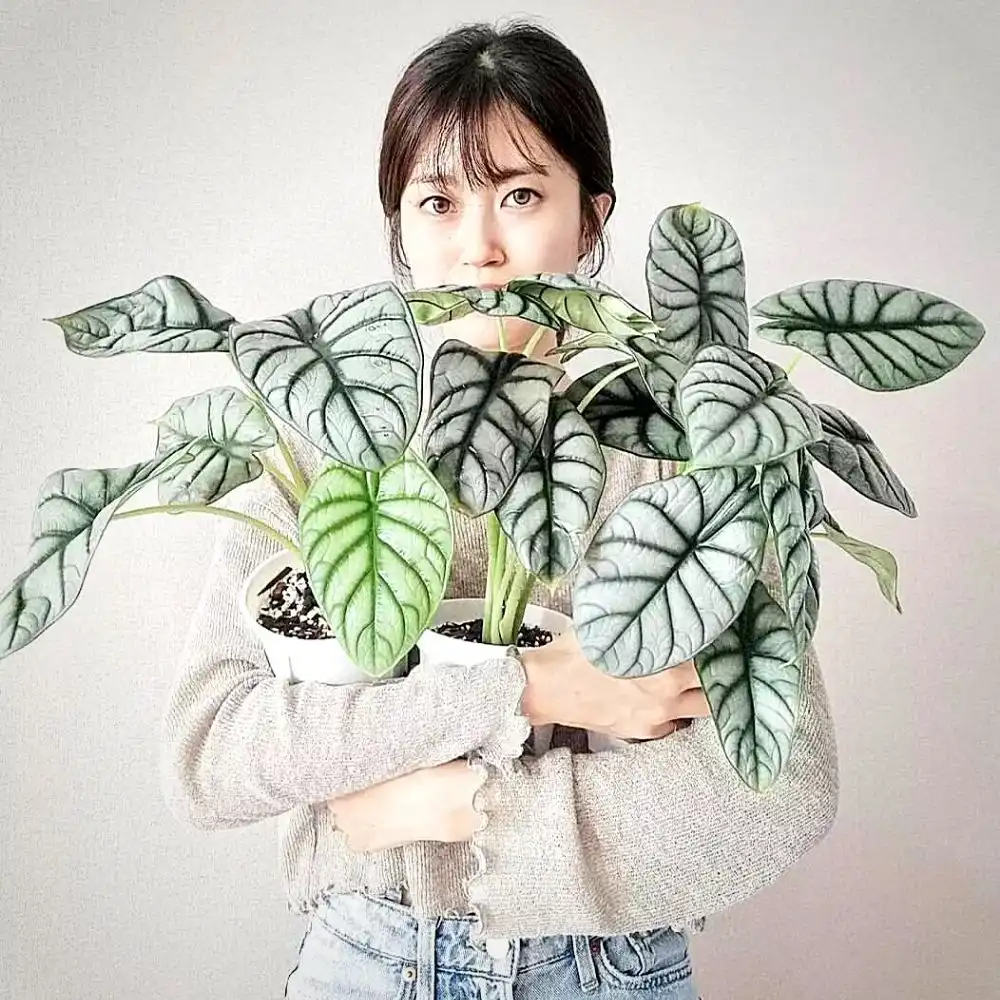We all know that having fresh flowers or greenery in your home, office, or near your hospital bed can be great for stress relief. Sending flowers to your sick or sad friend might be a universal go-to gift, but the heartwarming gesture is more helpful than you think.
Imagine a hospital room not just filled with the beeps and clicks of machines, but also adorned with lush greenery and vibrant flowers. A study from 2009 by the American Society for Horticultural Science (ASHS) has discovered that the therapeutic influence of plants on surgical patients is so significant that they tend to report lower pain levels and quicker recovery.
A fascinating finding: plants might just be what the doctor ordered! It turns out, that being around nature, even just indoor plants, can help patients recover faster after surgery.
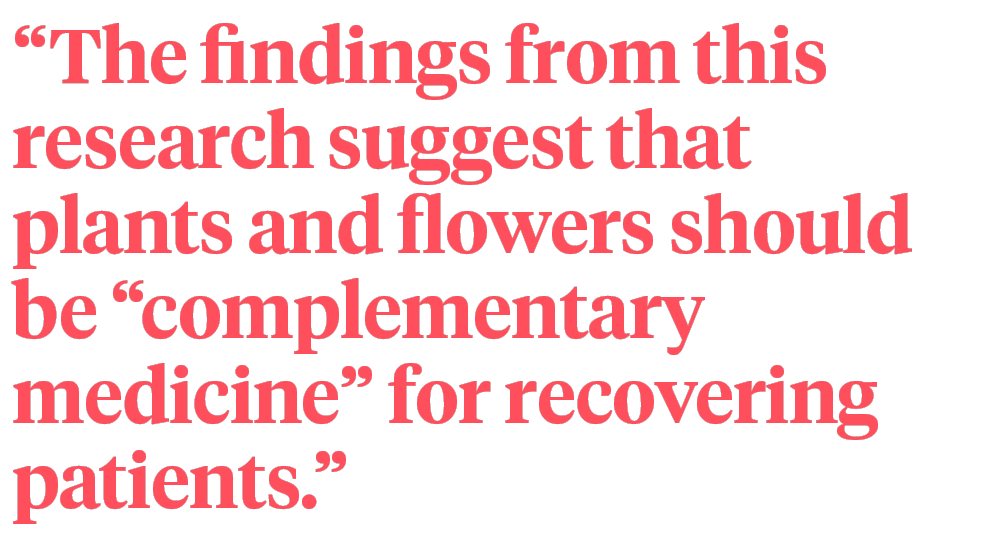
The Positive Effects of Flowers and Plants
The ASHS performed a study evaluating if plants have therapeutic influences on surgical patients, and the results are honestly kind of shocking. Ninety patients - all recovering from a thyroidectomy - were split into rooms either with plants or without plants, and those with some kind of foliage had wildly different results than those who had not.
When we think of surgery, it’s often with a sense of anxiety and worry. It’s not just the procedure itself that's daunting, but also the postoperative pain and the loneliness of a hospital stay. Painkillers and medications are usually the go-to for relief, but they often come with unwanted side effects. This is where our leafy and flowery friends come into play.
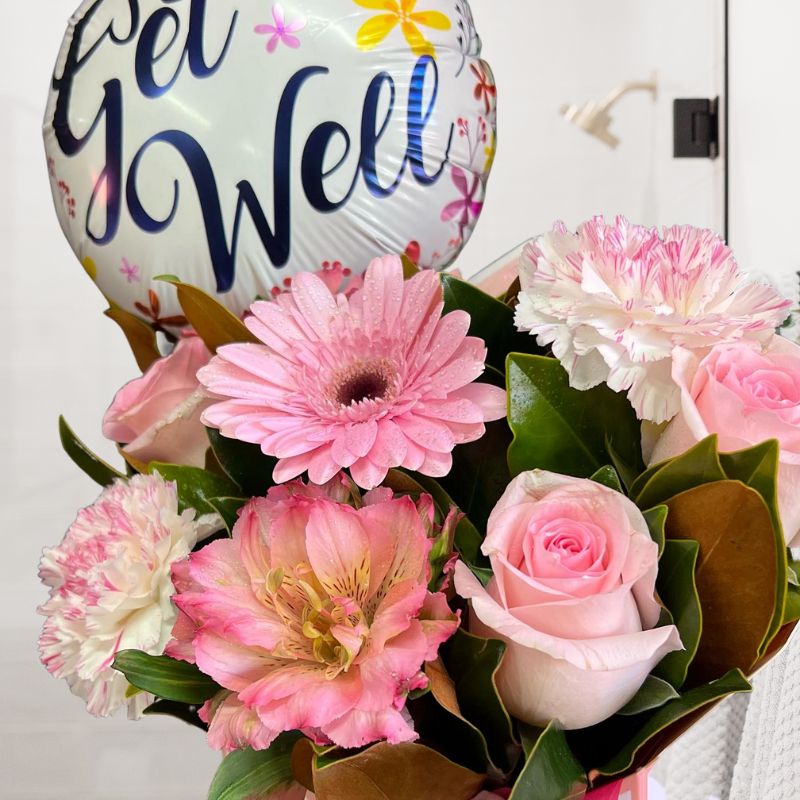
Researchers have discovered that simply having plants in a patient's view can work wonders. They aren't just pleasant to look at; they grab our attention in a gentle way that distracts from pain and stress. This ‘attention restoration’ as the experts call it, isn't just about giving the eyes a place to rest. It's about giving the mind a moment of peace, a break from the worries that can crowd a patient’s thoughts post-surgery.
Flowers Should Be Complementary Medicine
According to the study, those exposed to plants had lower blood pressure and heart rate, lower ratings of pain, anxiety, and fatigue, and more positive feelings and higher satisfaction about their rooms than the patients without foliage. The findings from this research suggest that plants and flowers should be "complementary medicine" for recovering patients. Now that's an idea we can get behind.
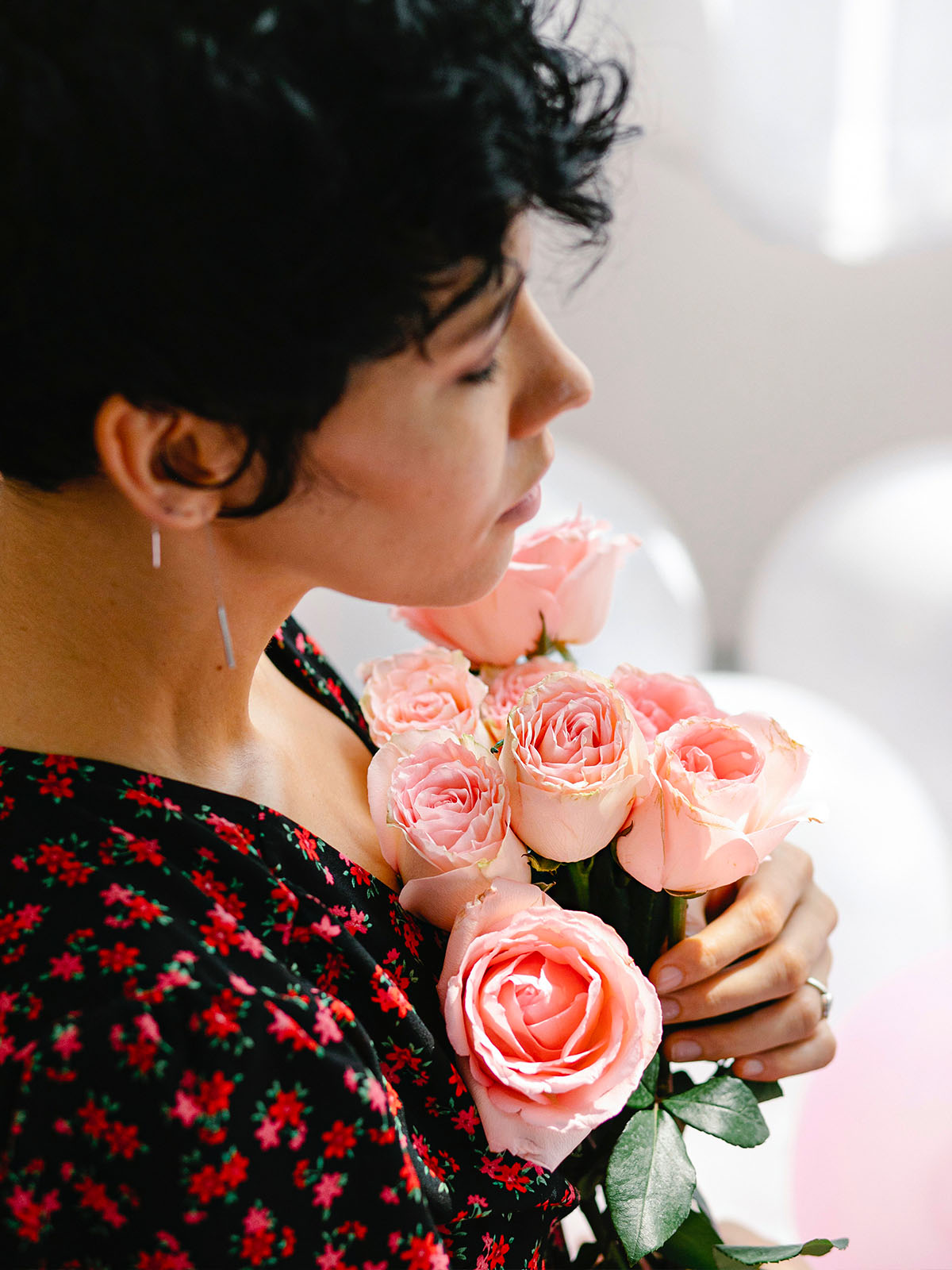
The Study of Therapeutic Influences of Plants in Hospital Rooms
Now, let’s talk about this particular study that took a closer look. A group of women who had undergone thyroid surgery were given rooms either with or without plants. The rooms with plants not only smelled better and looked more welcoming but the patients in these rooms felt better too. They needed less medication and felt less pain and anxiety compared to those in plant-free rooms.
There’s a certain magic to the presence of plants. They don’t just fill a room with color and life; they seem to support our well-being by their mere presence. It’s like they’re silently cheering us on to better health. And for those who spend a lot of time indoors, particularly in hospitals, plants offer a connection to the outside world, a touch of nature's healing power right in their room.
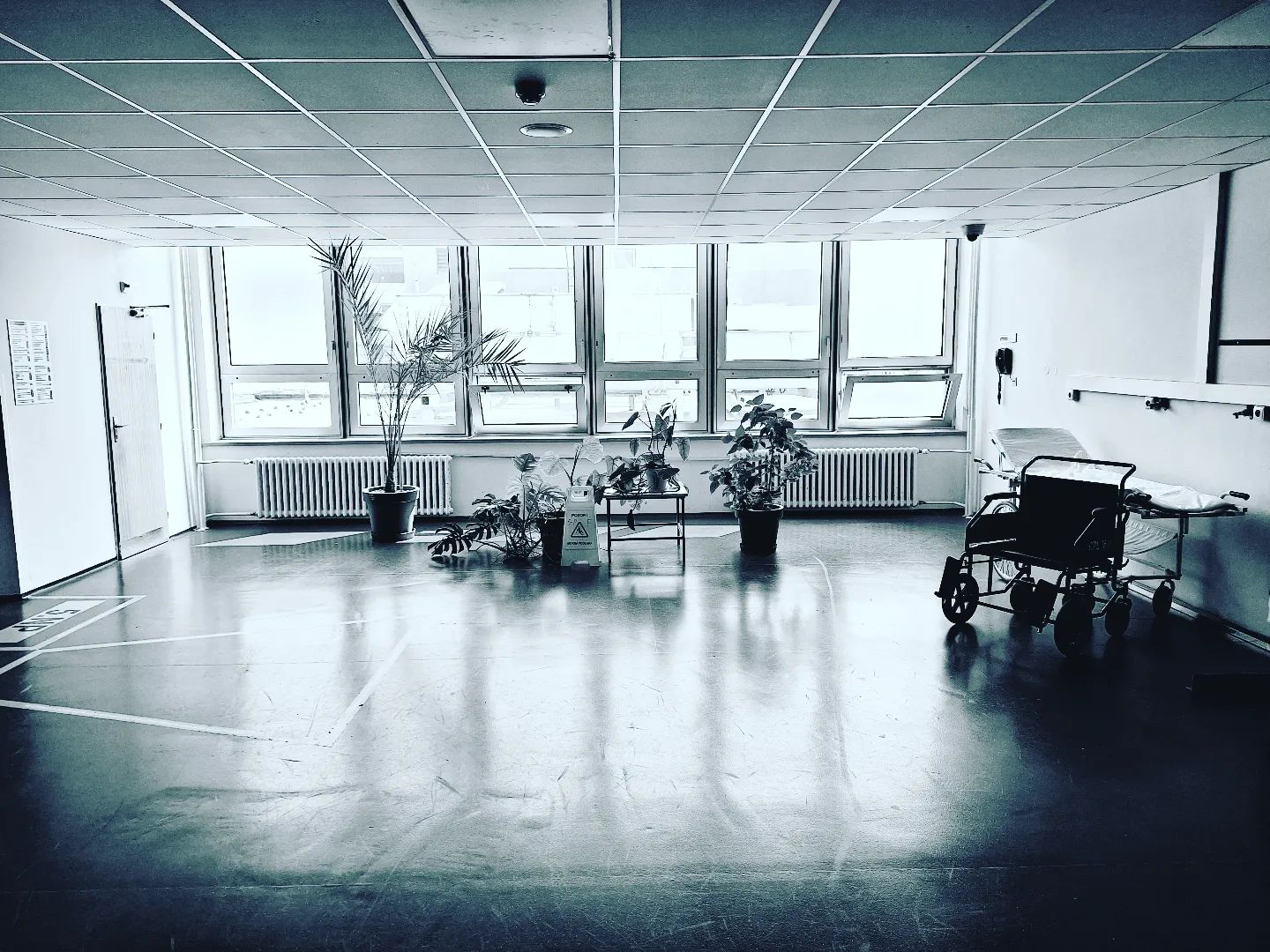
What does this mean for hospitals and healthcare providers? It's time to think beyond the traditional and embrace the natural. Incorporating plants into hospital design isn't just about aesthetics; it's about patient care. It's an investment in the health and happiness of patients, potentially reducing costs for both them and the healthcare system.
For flower lovers and enthusiasts of floral artistry, this research is a nod to the power of what you hold dear. It's an affirmation that your passion for flowers and plants isn't just about beauty. It's about a deep, intrinsic connection to well-being and health. So the next time you send a bouquet to a friend in the hospital, know that you’re not just sending a pretty gift, but also a powerful ally in their recovery.
Bouquets and plants can also make us feel less stressed out, according to this study published in Complementary Therapies in Medicines.
Healing With Leaves - The Power of Plants in Recovery
This study gave college-aged women a fresh vase of roses for their dorm rooms, and the results included the subjects feeling more relaxed and stress-free than before. I don't know about you, but if this info is not persuading you to go out and buy some plants, and a bouquet — or six, we don't know what will!
Header photo by Pixabay, and feature photo by @thebloominbar.aust
